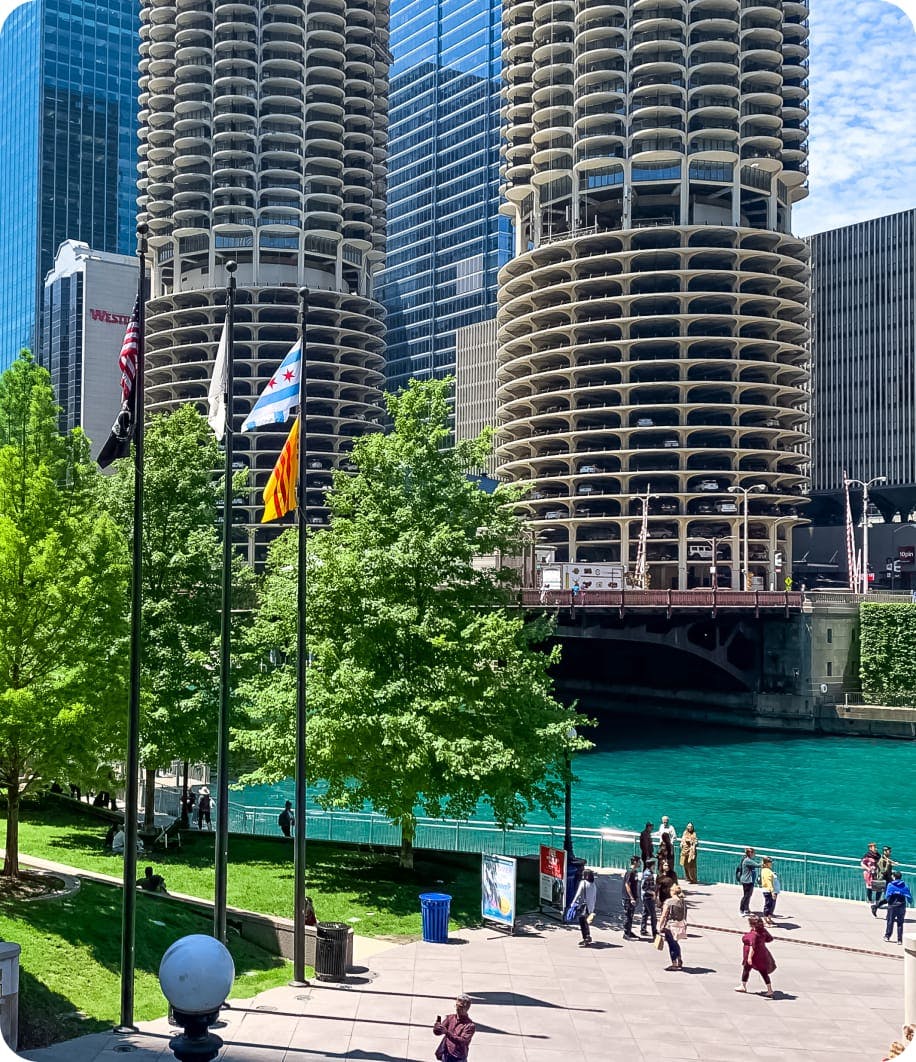At Hand to Shoulder Associates, we specialize in providing comprehensive care for various elbow conditions. Whether you're experiencing pain, limited mobility, or other symptoms affecting your elbow, we are here to help restore a higher level of comfort and function.
Lateral Epicondylitis Tennis Elbow
Lateral epicondylitis, commonly known as tennis elbow, is characterized by inflammation of the tendons on the outside of the elbow. Forearm motions such as gripping, twisting, or lifting can lead to tiny tears in the tendons, resulting in pain and limited elbow function. Our specialists employ various treatment approaches, including conservative measures such as:
- Physical therapy
- Anti-inflammatory medications
- Bracing
In cases where non-surgical treatments are ineffective, we may recommend minimally invasive procedures to promote healing and alleviate symptoms.







